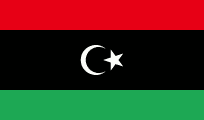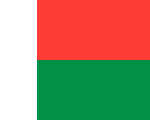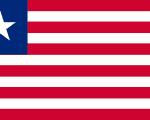Libya is a country in North Africa that has been in a state of civil war since 2011, when a popular uprising against the authoritarian regime of Muammar Gaddafi led to his overthrow and death. Since then, Libya has been divided between rival factions, militias and foreign powers, with no effective central government or national institutions.
The main actors in the conflict are the Government of National Accord (GNA), which is based in Tripoli and backed by the United Nations, Turkey and Qatar, and the Libyan National Army (LNA), which is led by General Khalifa Haftar and supported by Egypt, Russia and the United Arab Emirates. The GNA and the LNA have been fighting for control of the country’s oil resources, territory and population, with frequent clashes and airstrikes.
In October 2020, after a year-long siege of Tripoli by the LNA, the two sides agreed to a ceasefire and a political dialogue, mediated by the UN. The talks resulted in the formation of a new interim government, headed by Prime Minister Abdul Hamid Dbeibeh, and a presidential council, led by Mohamed al-Menfi. The interim authorities are tasked with preparing for national elections, scheduled for December 2021, and implementing a roadmap for peace and reconciliation.
However, many challenges remain for Libya’s transition. The ceasefire is fragile and violations are common. The interim government faces resistance from some factions that fear losing power or influence. The security situation is volatile and human rights abuses are widespread. The country is also facing a humanitarian crisis, with millions of people in need of assistance, amid the COVID-19 pandemic and economic collapse.
The international community has expressed its support for Libya’s peace process and called for the withdrawal of all foreign forces and mercenaries from the country. However, some external actors continue to interfere in Libya’s affairs and pursue their own interests. The UN Security Council has imposed an arms embargo on Libya since 2011, but it has been repeatedly violated by both sides and their backers.
Libya’s future depends on the ability of its people to overcome their divisions and work together for a democratic, stable and prosperous country. The upcoming elections are a critical opportunity to achieve this goal, but they also pose significant risks of violence and instability. The international community should continue to support Libya’s sovereignty, unity and territorial integrity, and respect the will of its people.








